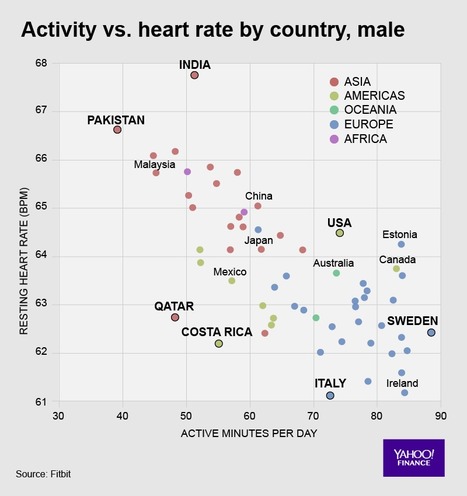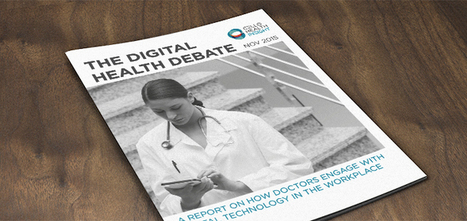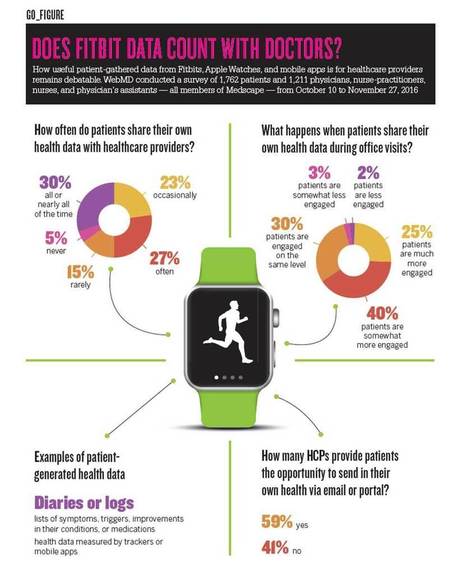For something as important as heart health, it’s amazing how little you probably know about yours.
Most people probably get their heart rates measured only at doctor visits. Or maybe they participate in a limited study.
But modern smartwatches and fitness bands can track your pulse continuously, day and night, for months. Imagine what you could learn if you collected all that data from tens of millions of people!
That’s exactly what Fitbit (FIT) has done. It has now logged 150 billion hours’ worth of heart-rate data. From tens of millions of people, all over the world. The result: the biggest set of heart-rate data ever collected.
Fitbit also knows these people’s ages, sexes, locations, heights, weights, activity levels, and sleep patterns. In combination with the heart data, the result is a gold mine of revelations about human health.
Back in January, Fitbit gave me an exclusive deep dive into its 6 billion nights’ worth of sleep data. All kinds of cool takeaways resulted. So I couldn’t help asking: Would they be willing to offer me a similar tour through this mountain of heart data?
They said OK. They also made a peculiar request: Would I be willing to submit a journal of the major events of my life over the last couple of years? And would my wife Nicki be willing to do the same?
We said OK.



 Your new post is loading...
Your new post is loading...













